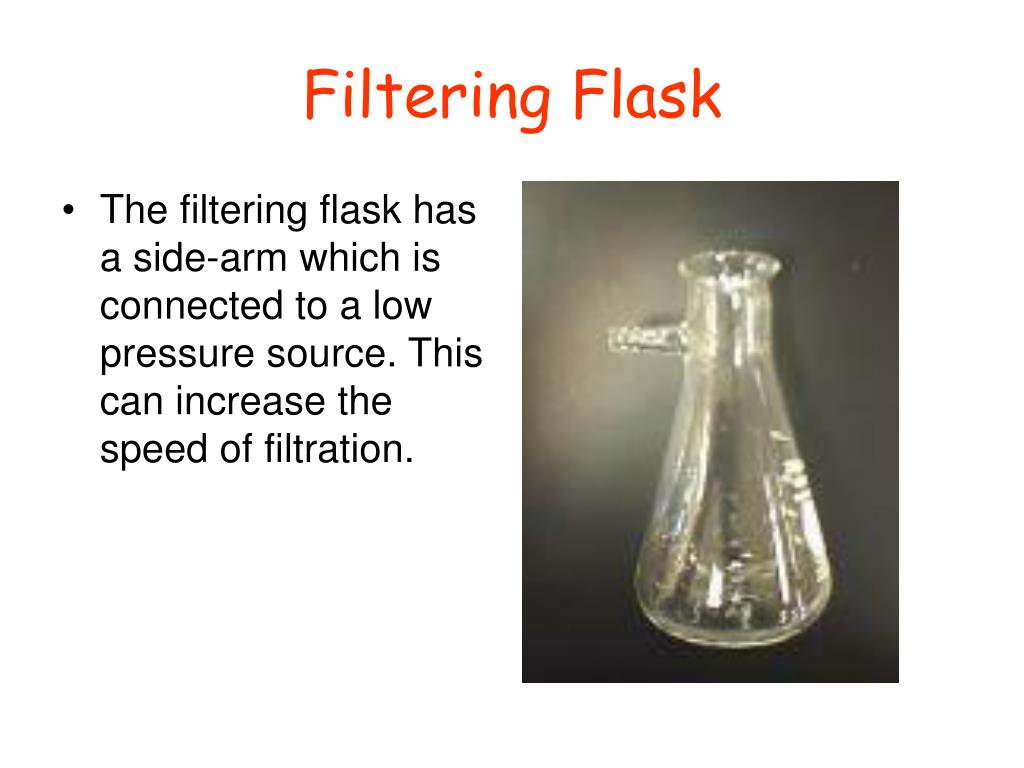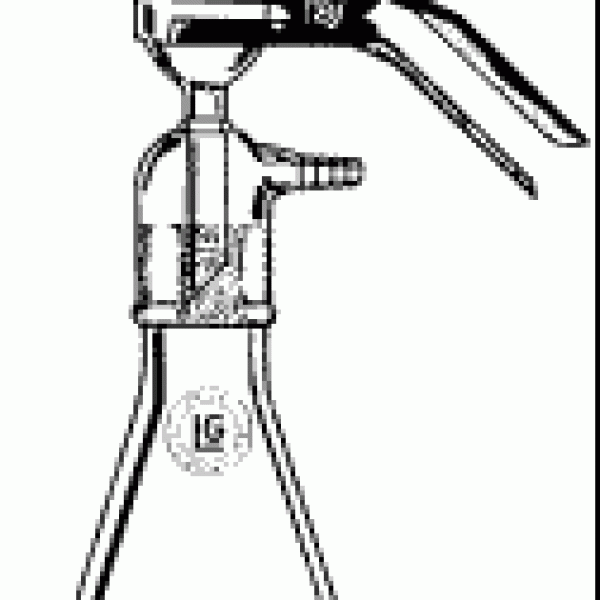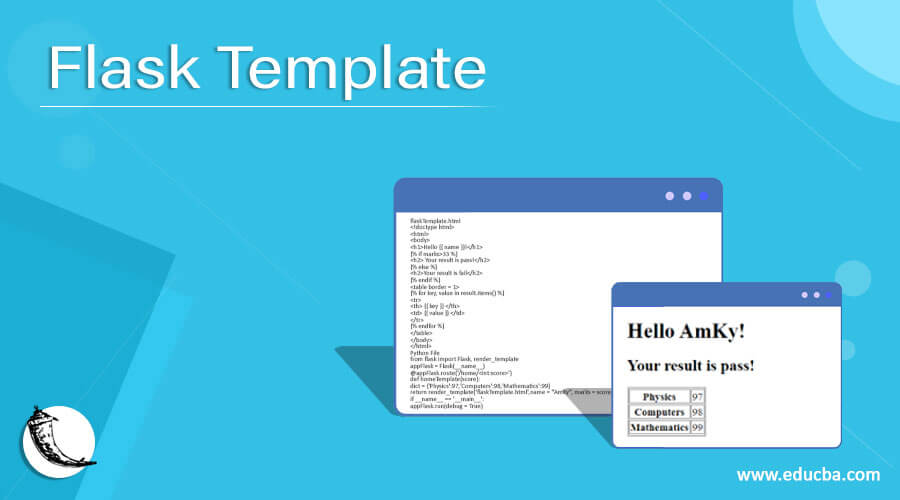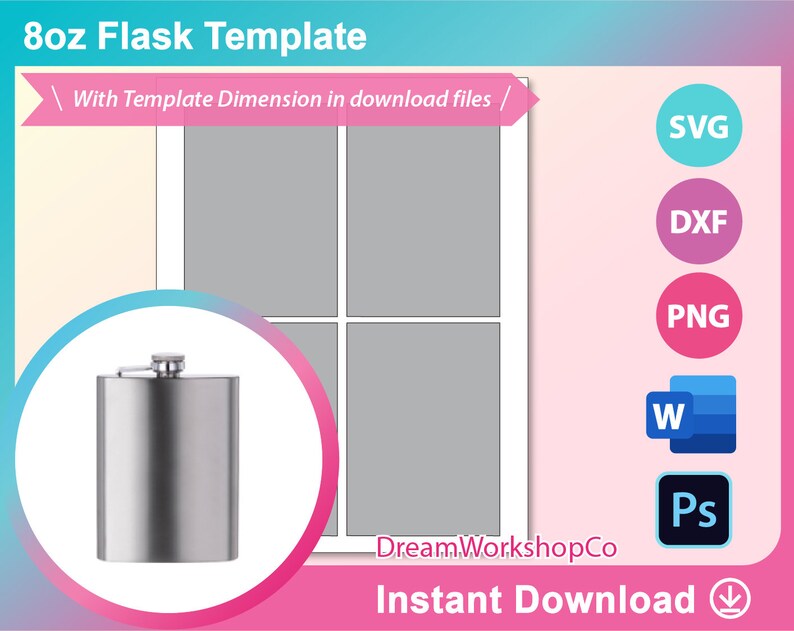Flask Template_Filter
Flask Template_Filter - Web flask application renders templates using the function render_template () the syntax is: Web in this code we are registering our function as a jinja filter by using the @app.template_filter() decorator. Web jinja setup¶ unless customized, jinja2 is configured by flask as follows: Web to render a template you can use the render_template() method. Web from flask import flask, render_template app = flask(__name__) @app.template_filter('reverse') def reverse_filter(s): Web add_template_filter (f, name=none) ¶ register a custom template filter. You’ll use logic in templates such as. Printing makes it easy to go simple and strong or bold. Choose single color designs to give your. Or make the look all. Render_template ('<<strong>template</strong>_file_name.html>', variables = ) 2. In flask, with babel, i like to do this : Works exactly like the template_filter() decorator. Web flask(import_name, static_url_path=none, static_folder='static', static_host=none, host_matching=false, subdomain_matching=false, template_folder='templates',. Web from flask import flask, render_template app = flask(__name__) @app.template_filter('reverse') def reverse_filter(s): @app.template_filter ('dt') def _jinja2_filter_datetime (date, fmt=none): Graduations up to 350 ml in 50 ml intervals. Web up to 5% cash back make it fun. Web from flask import flask, render_template app = flask(__name__) @app.template_filter('reverse') def reverse_filter(s): Web to render a template you can use the render_template() method. Web provide template filters, static files, templates, and other utilities through blueprints. Building the url endpoint for template rendering. Web flask custom jinja2 template filters syntax # { { my_date_time|my_custom_filter }} { { my_date_time|my_custom_filter (args) }} parameters format datetime in a jinja2. An example of template filter is as follows: Web jinja setup¶ unless customized, jinja2 is configured by flask. The default filter name is just the name of the. Template inheritance will help you avoid repetition. Render_template ('<<strong>template</strong>_file_name.html>', variables = ) 2. Web add_template_filter (f, name=none) ¶ register a custom template filter. Web in this code we are registering our function as a jinja filter by using the @app.template_filter() decorator. All you have to do is provide the name of the template and the variables you want to pass to the template. Once the template is fixed, we would set up the url, where we would call the render_template ( ). A blueprint does not have to implement applications or view functions. The thick walls and design enables this flask. Once the template is fixed, we would set up the url, where we would call the render_template ( ). Web i have a flask application which uses jinja2 template filters. Web provide template filters, static files, templates, and other utilities through blueprints. Web flask custom jinja2 template filters syntax # { { my_date_time|my_custom_filter }} { { my_date_time|my_custom_filter (args) }} parameters. Web in this code we are registering our function as a jinja filter by using the @app.template_filter () decorator. Web jinja setup¶ unless customized, jinja2 is configured by flask as follows: In flask, with babel, i like to do this : Web add_template_filter (f, name=none) ¶ register a custom template filter. The thick walls and design enables this flask to. Web you’ll use variables to pass data from the server to the templates. Autoescaping is enabled for all templates ending in.html,.htm,.xml,.xhtml, as well as.svgwhen using. Web up to 5% cash back make it fun. @app.template_filter ('int_date') def format_datetime (date):. Web add_template_filter (f, name=none) ¶ register a custom template filter. Web in this code we are registering our function as a jinja filter by using the @app.template_filter () decorator. Autoescaping is enabled for all templates ending in.html,.htm,.xml,.xhtml, as well as.svgwhen using. Web flask custom jinja2 template filters syntax # { { my_date_time|my_custom_filter }} { { my_date_time|my_custom_filter (args) }} parameters format datetime in a jinja2. Web provide template filters, static files,. Web provide template filters, static files, templates, and other utilities through blueprints. 8 stopper mounts in a. The thick walls and design enables this flask to withstand vacuum filtration without imploding. Web up to 5% cash back make it fun. An example of template filter is as follows: Once the template is fixed, we would set up the url, where we would call the render_template ( ). An example of template filter is as follows: Or make the look all. Autoescaping is enabled for all templates ending in.html,.htm,.xml,.xhtml, as well as.svgwhen using. Web to render a template you can use the render_template() method. Web i have a flask application which uses jinja2 template filters. @app.template_filter ('int_date') def format_datetime (date):. The default filter name is just the name of the. Choose single color designs to give your. You’ll use logic in templates such as. Printing makes it easy to go simple and strong or bold. Web up to 5% cash back make it fun. Web flask(import_name, static_url_path=none, static_folder='static', static_host=none, host_matching=false, subdomain_matching=false, template_folder='templates',. Web provide template filters, static files, templates, and other utilities through blueprints. Web from flask import flask, render_template app = flask(__name__) @app.template_filter('reverse') def reverse_filter(s): The thick walls and design enables this flask to withstand vacuum filtration without imploding. Web add_template_filter (f, name=none) ¶ register a custom template filter. Web you’ll use variables to pass data from the server to the templates. Graduations up to 350 ml in 50 ml intervals. Works exactly like the template_filter() decorator. You’ll use logic in templates such as. All you have to do is provide the name of the template and the variables you want to pass to the template. A blueprint does not have to implement applications or view functions. Building the url endpoint for template rendering. Template inheritance will help you avoid repetition. Web jinja setup¶ unless customized, jinja2 is configured by flask as follows: Web to render a template you can use the render_template() method. Printing makes it easy to go simple and strong or bold. Web add_template_filter (f, name=none) ¶ register a custom template filter. Web in this code we are registering our function as a jinja filter by using the @app.template_filter () decorator. Or make the look all. An example of template filter is as follows: Web in this code we are registering our function as a jinja filter by using the @app.template_filter() decorator. The thick walls and design enables this flask to withstand vacuum filtration without imploding. In flask, with babel, i like to do this : Render_template ('<<strong>template</strong>_file_name.html>', variables = ) 2.PPT Lab Equipment PowerPoint Presentation, free download ID5466302
Filter flask experiment hand drawn Transparent PNG & SVG vector file
Filter Flask 40/35 1000mL SPWilmadLabGlass
How to Create Jinja2 Filters in Flask.
flasktemplate.pdf
Pale Blue Flask Svg Clip Arts Chemistry Clipart Transparent Png
Flask Templates Custom Filters YouTube
FLASK Paper Filters, 20pack Design
Flask Template How to Create and Use Template in Flask?
8oz Flask Template Sublimation Template SVG DXF Ms Word Etsy
Web I Have A Flask Application Which Uses Jinja2 Template Filters.
Web From Flask Import Flask, Render_Template App = Flask(__Name__) @App.template_Filter('Reverse') Def Reverse_Filter(S):
Web Flask(Import_Name, Static_Url_Path=None, Static_Folder='Static', Static_Host=None, Host_Matching=False, Subdomain_Matching=False, Template_Folder='Templates',.
The Default Filter Name Is Just The Name Of The.
Related Post:










